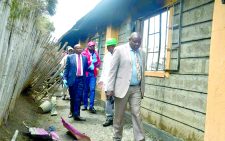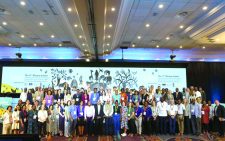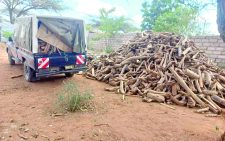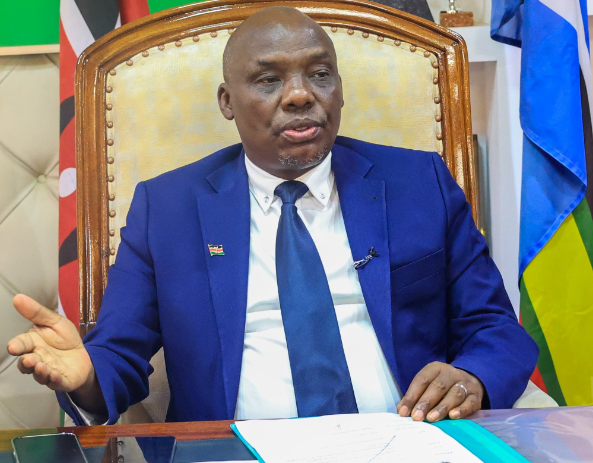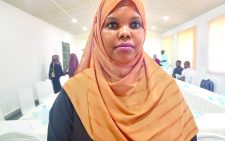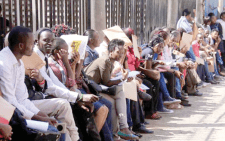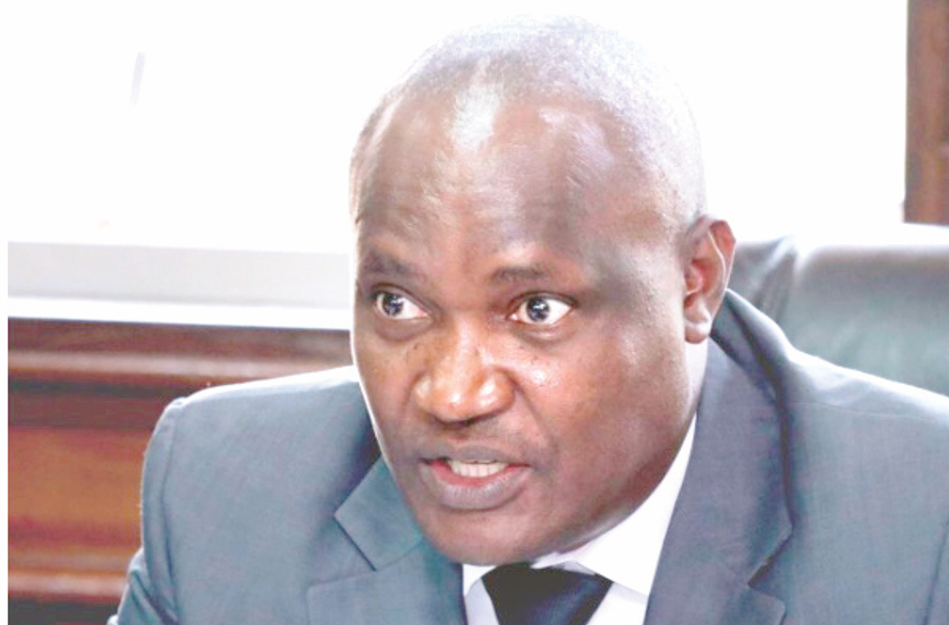Creating children-friendly cities in Kenya and beyond
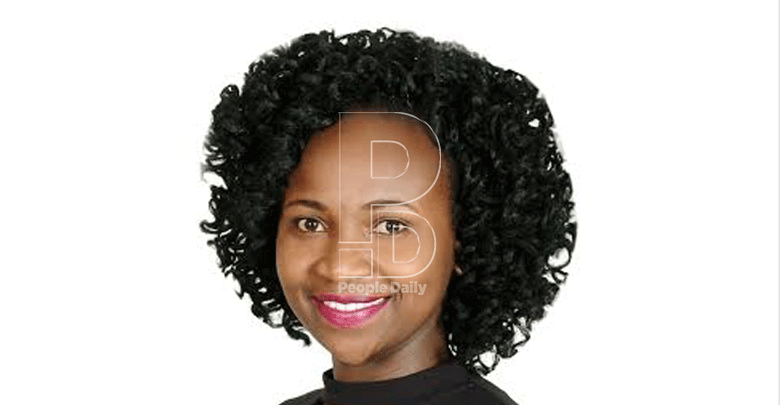
Harriet James @harriet86jimmy86
How did you settle on urban planning as a career?
Initially, I had a desire to pursue a career as a civil engineer in my earlier years, but after high school, when going to select courses I wanted to pursue in campus, I met some friends who introduced me to urban planning and that’s what I ended up settling for.
Since my father didn’t know about the course, I had to work very hard in campus (University of Nairobi) to prove that I had taken the right course.
Luckily, on my first day of class, one professor Ndegwa who apart from being my namesake was also designing a town centre in my rural area and he included me in it so I could gain some hands on experience. That was my first job in urban planning.
It was an eye opener as you are not just limited to planning alone, but with a whole system of working in engineering, sanitation and socially with communities.
How did you get involved with children and cities?
I became very passionate about parenting and cities the moment I gave birth to my daughter in 2017.
From pregnancy, I discovered the inequalities that exist in cities and how unfriendly they are to our children.
I grew up partly in the village and partly in an urban area and despite the fact that I wanted my child to have a different life, I still want her to have a playground and other things I used to enjoy freely when I was a child.
That’s what inspired me to start Wow Mom and began to walk with parents and also to involve experts in the whole process.
Our mission is to advocate for children friendly cities and to offer evidence based tips and guides on parenting.
We need to have more people who can articulate the needs of children in the planning offices so as not to lock out the little ones voices.
What are some of the child-friendly things that cities lack?
As an urban planner, I feel that children’s needs are not articulated in cities’ planning.
We initiated a survey on what mothers do when travelling with their baby and we were shocked on the response of how mothers with young children struggle.
First of all, if you don’t have a car, it’s difficult to navigate the city with ease as a pregnant woman and the matatus (public service vehicles) too don’t have comfortable seats to accommodate them and their belly.
Travelling with a baby too in a matatu is also unbearable as the city lacks places where a mother can change a child diaper.
Sometimes mothers have to part with cash in order to access clean toilets in restaurants.
Both children and caretakers need privacy and dignity while changing the diaper.
We should also have child friendly latrines as we have open defecations in the country.
Even in places where there are toilets, they are not accessible to children and this is a violation of their human right.
We need a place where we can even dock our strollers and have footpaths to be able to enjoy a walk with our babies
When it comes to the parks, they are keen to have designated smoking zones, but not places where children can play. They don’t understand that children need to be physically active.
The play facilities, which can be found in malls are also automated and this limits their creativity.
Play grounds assist children learn negotiation skills, interaction and it also brings social cohesion, because mothers become friends with the friends of their children.
I believe that even the Nyumba kumi initiative can work if we involve children in it since neighbours get to know each other through them. Our children need safe transportation spaces when they go to school.
We all know of instances when they are told to give way to older passengers in matatus, which is not safe for them.
There are also instances where there are five pupils being taken to school on motorbikes.
When we deny them these basic needs, then we are denying them a process in their life.
How has the pandemic magnified these challenges that children face?
The fact people presently work from home, has made us realise the need for playgrounds as children were stuck at home and had no space to play. There is also mental health aspect.
If we experience stress during this period, children too experience it and this makes us become more deliberate in ensuring cities are safer and accommodate their needs.
What are you most proud of with your organisation?
I’m so proud of the fact that people are becoming cognisant of the needs of children.
We’ve also been working with a lot of stakeholders and Members of County Assemblies to help pushsome of these standards.
The Breastfeeding Mothers Bill about the provision of lactation rooms and baby changing facilities is good, but there are no standards as to what’s acceptable in terms of design and we are coming up with one as they are not there in the country.
This year, we will be launching baby changing units in the Cental Business District (CBD).
We want to have all public toilets to have at least one baby changing unit. We cannot do it alone, so we need people’s support.
Having baby changing units is a human right. All human beings are born free and equal in dignity and rights. The facilities should also have a place to dispose off diapers.
We want our children to learn how to use the toilets instead of being told to go to the loo behind the house.
We want to build household capacity and involve children in this process to make them understand the significance of toilets.
